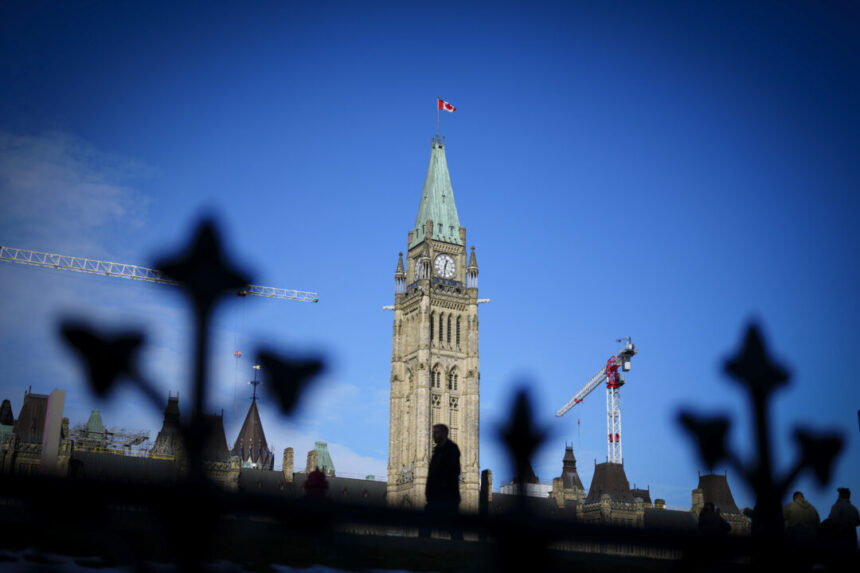
Private members’ bills in the House of Commons are typically used by opposition parties to raise awareness of issues. These bills often do not progress beyond the first reading and are rarely enacted into law. They are often viewed as symbolic gestures rather than serious legislative efforts. However, with the termination of the NDP’s agreement with the minority Liberal government, private members’ bills now carry significant weight as the government seeks to secure deals to maintain power.
The current political dynamics are intriguing to observe, but they may result in the implementation of detrimental policies as political interests take precedence over the welfare of Canadians. The Bloc Québécois is demanding that the Liberals support bills C-282 and C-319 in exchange for their support during confidence motions. Both of these bills could have adverse economic effects on Canada, raising concerns about the government’s willingness to prioritize political expediency over sound policy-making.
The sudden shift in the Liberals’ stance on Bill C-319 reflects the political maneuvering necessitated by the current landscape. While the Conservatives have expressed support for the bill to garner favor in Quebec ahead of the upcoming election, it contradicts their usual stance on fiscal responsibility. The political climate is marked by strategic alliances and compromises that may not always align with core principles.
The ongoing political negotiations underscore the prioritization of party interests over national welfare, with parties navigating a delicate balance to retain power and avoid triggering an election. The Bloc Québécois’s demands, while representing their constituents’ interests, often come at the expense of the broader Canadian population.
As Parliament faces uncertainty and potential government instability, the decisions made in the coming months will have lasting implications for Canadians. The interplay of political pragmatism and public interest underscores the need for accountability and transparency in legislative processes.
Views expressed in this article are opinions of the author and do not necessarily reflect the views of The Epoch Times.




